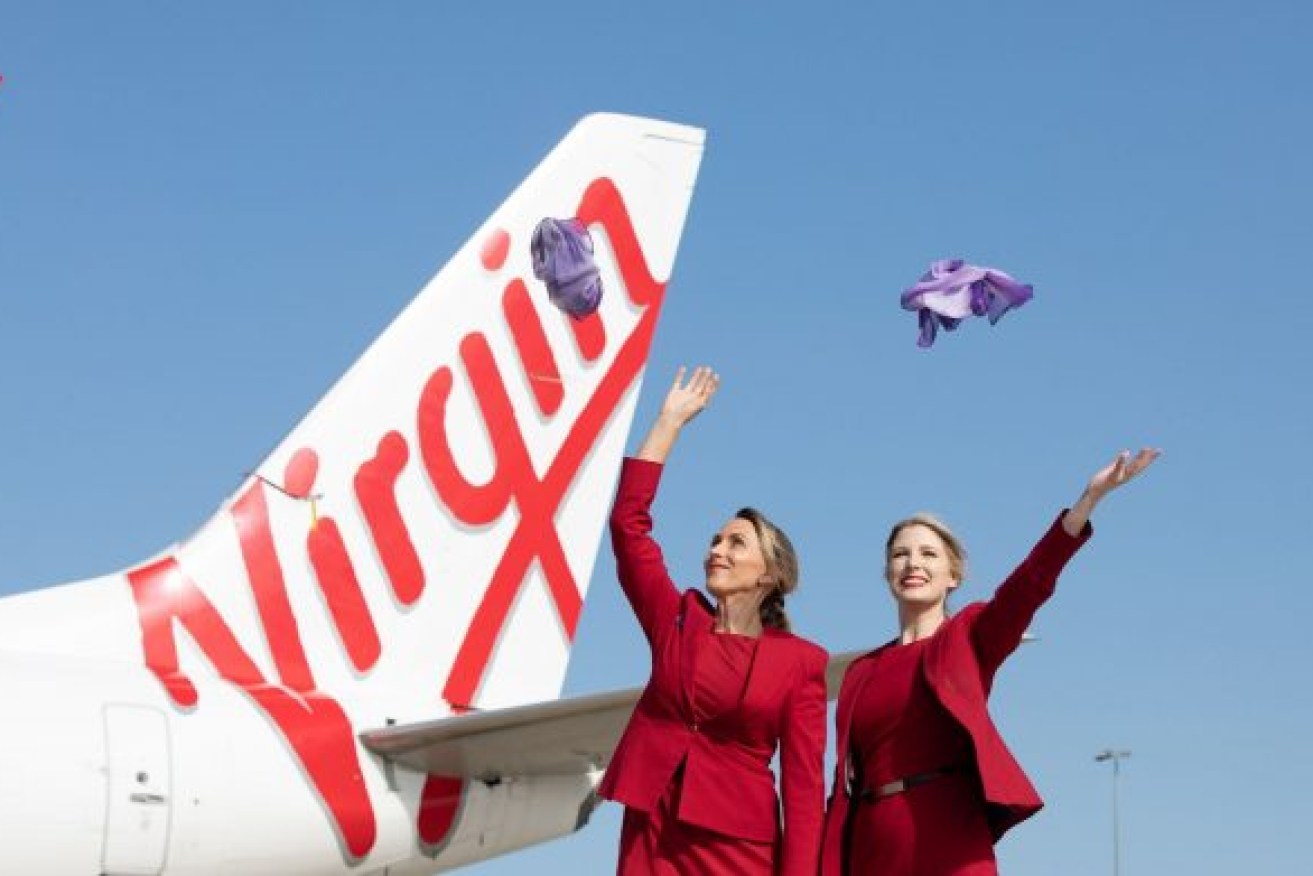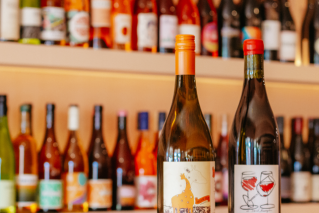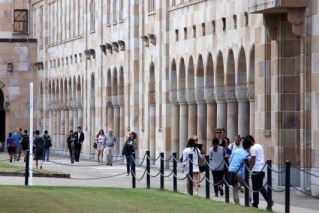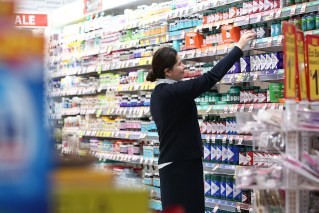Flying start: Virgin grabs market from Qantas as travellers return
A revived Virgin has beaten Qantas, Jetstar and the up-and-coming Rex for market share in the peak month of January, according to a report from the Australian Competition and Consumer Commission.


Virgin workers have threatened strike action over Christmas if demands are not met.(file image)
Virgin grabbed 34 per cent of the market, slightly higher than its overall target, while Qantas and its budget subsidiary Jetstar accounted for 31 per cent each and Rex had 4 per cent.
“Virgin has steadily been recovering market share since it emerged from voluntary administration in November 2020 with a 22 per cent share,” the ACCC report on the industry said.
But prices have started to rise. The cheapest airfares between Melbourne, Sydney, Brisbane and the Gold Coast rose by as much as $20 in February.
The entry into the market of Rex was having an impact on both prices and revenue for the airines. Within two weeks of Rex entering the market, revenue for the airlines fell 24 per cent.
It also found that passenger numbers were recovering sharply at the end of last year and hit 47 per cent of pre-Covid levels, up from an October low of 17 per cent. However, the recovery stalled in January with passenger numbers only increasing marginally to 2.5 million passengers, or 50 per cent of pre Covid-19 levels.
There were now nine routes covered by three airlines and the ACCC said this had delivered significant benefits for travellers.
New ‘ultra-low cost’ airline Bonza was scheduled to enter the domestic travel market from mid-2022 and would fly on 25 routes connecting 16 destinations across Queensland, New South Wales and Victoria. Eighty per cent of Bonza’s initial route network is not currently served by any airline.
“We will be watching how the existing airlines respond to this new competition, and we will keep an eye out for any anti-competitive capacity increases or pricing practices,” ACCC chair Rod Sims said.
“We will pay particularly close attention to incumbent airlines entering any of the new routes announced by Bonza.”
The ACCC said the big issue for the airlines now was the public confidence in travel because there was a possibility of Covid variants returning as Australia heads into winter.
As most state and territory borders opened by December 2021, the airlines ramped up capacity in anticipation of the peak holiday season of travel. Scheduled weekly capacity almost recovered to pre-Covid levels at 95 per cent in the week of Christmas. This was also the highest weekly scheduled capacity since the pandemic first impacted Australia two years ago.
However, there are signs demand is starting to return. Virgin reported that seat redemptions through its Velocity loyalty program were 40 per cent higher in the first week of February compared with the December 2021 and January 2022 average.
Qantas reported that leisure demand for the Easter holiday period was picking up and it expected to return to 86 to 90 per cent of pre Covid-19 capacity between April–June 2022, with Jetstar set to surpass this at 100 per cent to 117 per cent.
Demand for international flights was also increasing. Qantas expected to increase to 44 per cent of pre-Covid international capacity between April–June 2022.
Virgin said 39 per cent of its Velocity members were planning an overseas trip in the next 12 months. Although, the conflict in Ukraine adds uncertainty to the trajectory of the recovery of international travel.
The ACCC warned that the invasion of Ukraine could further impact fuel costs for airlines as crude oil prices spike and the ability to hedge against this was limited.












